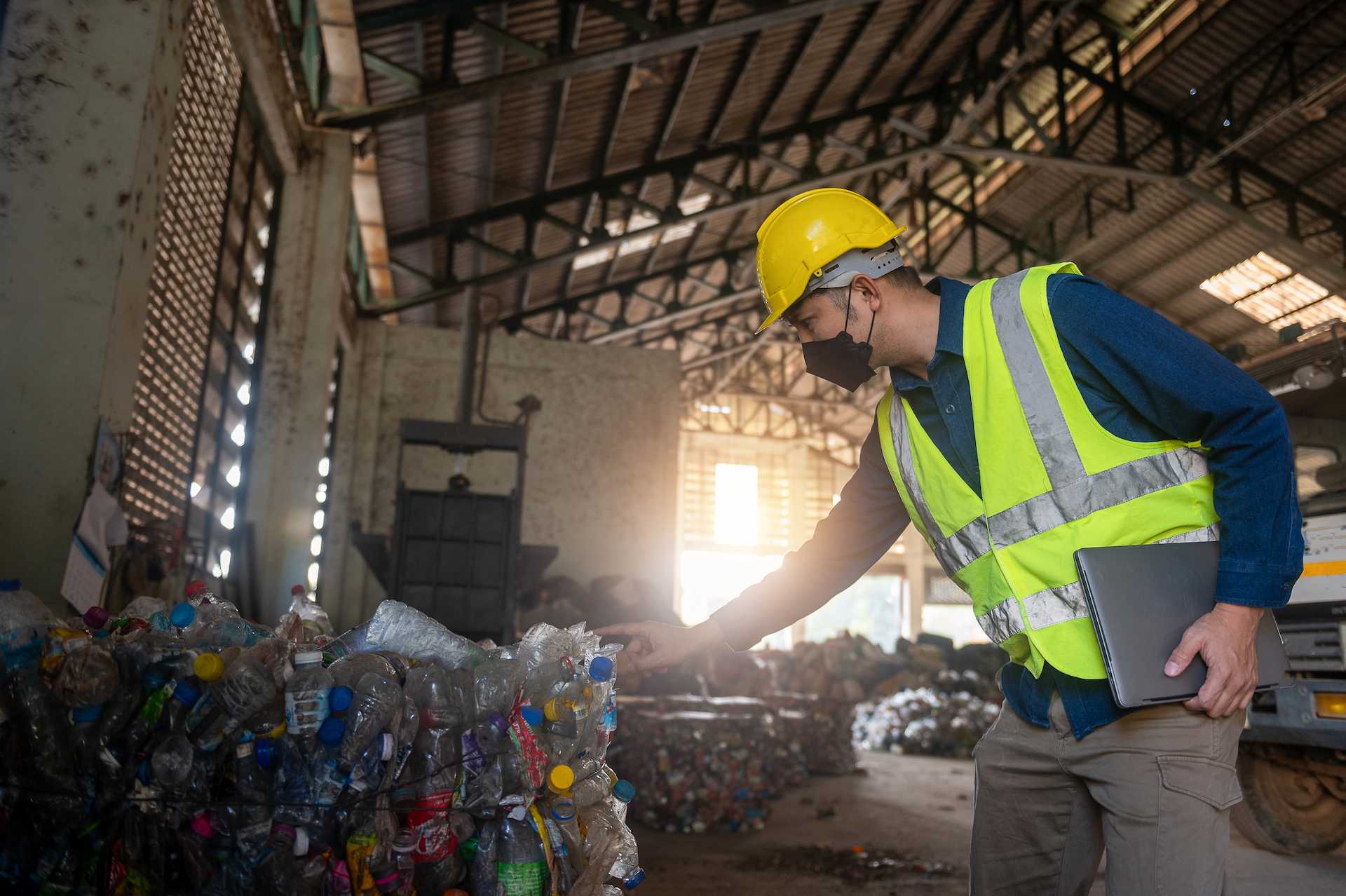European plastic recycling industry faces "imminent collapse"
Plastics Recyclers Europe warns that accelerating plant closures threaten nearly one million tonnes of recycling capacity by 2025, as high costs and cheap imports undermine the viability of domestic facilities across the Netherlands, Germany and the UK.
 European plastic recycling facilities are closing at an unprecedented rate, with the industry body Plastics Recyclers Europe (PRE) warning that the sector faces "imminent collapse" unless urgent action is taken to address mounting economic pressures and unfair competition from imports.
European plastic recycling facilities are closing at an unprecedented rate, with the industry body Plastics Recyclers Europe (PRE) warning that the sector faces "imminent collapse" unless urgent action is taken to address mounting economic pressures and unfair competition from imports.
The scale of capacity losses has increased in 2025. Between January and July 2025, closures eliminated almost the same amount of recycling capacity as during the entire year of 2024, representing three times more capacity than was lost in 2023. By the end of 2025, the continent is expected to have lost recycling facilities amounting to nearly one million tonnes of capacity since 2023, according to PRE's latest analysis.
The Netherlands has been particularly affected, with seven plastic recyclers ceasing operations in 2024 alone. Germany and the United Kingdom have also experienced significant closures, with major facilities including Veolia's operations in Germany and Viridor's £317 million Avonmouth plant in the UK shutting down after just two years of operation.
PRE forecasts zero net growth in recycling capacity for 2025, marking a dramatic reversal from years of rapid expansion when the sector grew at an average annual rate of 17 per cent between 2018 and 2022. The industry's installed recycling capacity reached 13.2 million tonnes in 2023, but this remains significantly short of the estimated 16 million tonnes required by 2025 to meet recycled content targets under the Packaging and Packaging Waste Regulation (PPWR).
Economic pressures squeeze operations
European recyclers are confronting a combination of high operational costs and falling market prices that has rendered many facilities unviable. Energy costs have risen across the continent, inflating the cost of recycling processes, while the price of sorted plastic waste feedstock have also increased.
These rising operational costs have created significant pressure on the sector's competitiveness. Despite some price increases for recycled materials, with rPET and rHDPE seeing increases of 22 per cent and 18 per cent respectively between 2023 and 2024, European recyclers remain uncompetitive against low-cost imports. As of February 2025, recycled polyethylene terephthalate (rPET) cost between $750 and $800 more per tonne than virgin PET.
The price differential reflects a global oversupply of virgin polymers, driven largely by massive expansion of petrochemical production in Asia, particularly China, where state-supported facilities have created significant overcapacity.
The European market has been flooded with low-cost imports, with both recycled and virgin polymers from non-EU countries now accounting for over 20 per cent of total EU polymer consumption.
PRE has raised concerns about the quality and authenticity of imported recycled materials, citing widespread suspicion that significant portions may be of substandard quality or fraudulently labelled virgin plastic being sold as "recycled". The organisation attributes this to a lack of effective verification systems and mandatory third-party certification for imported polymers.
Paradoxically, while domestic recycling capacity is being dismantled, European plastic waste exports to non-OECD countries surged by 36 per cent in 2024 compared to 2022.
Policy targets at risk
The crisis threatens the EU's ability to meet legally binding environmental targets. The Packaging and Packaging Waste Regulation, which entered into force in February 2025, mandates that plastic packaging must contain minimum percentages of recycled content from post-consumer waste by 2030. For contact-sensitive packaging such as food containers, targets range from 10 per cent to 35 per cent depending on the polymer type.
However, the current trajectory of plant closures and stagnating capacity growth makes these targets increasingly unachievable. Europe's installed recycling capacity of 13.2 million tonnes falls well short of PRE's estimated requirement of 16 million tonnes by 2025 to meet the regulation's demands.
"Now more than ever, decisive action is essential," said Ton Emans, PRE president. "We urge EU policymakers to take a fast and strong political stance, introducing effective import controls and enforcing existing legislation, including the restriction of importing materials which do not meet equivalent EU sustainability and safety standards."
PRE has outlined specific measures needed to stabilise the sector, including mandatory third-party certification for all polymers claiming recycled content, harmonised Extended Producer Responsibility rules across member states, and stricter customs controls to prevent non-compliant materials entering the EU market.
The organisation also calls for measures to reduce operational burdens, including streamlined permitting processes for recycling facilities and faster approval times for intra-EU waste shipments, which currently can take six to twelve months under existing waste shipment regulations.
PRE warns that without recognising plastic recycling as a strategic sector and implementing effective trade defence measures, the EU's industry "will continue to erode, undermining the bloc's commitment to resource independence, green jobs, and a circular plastics economy".





